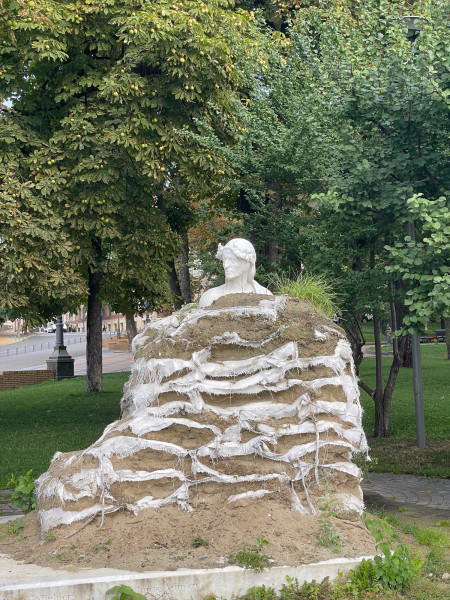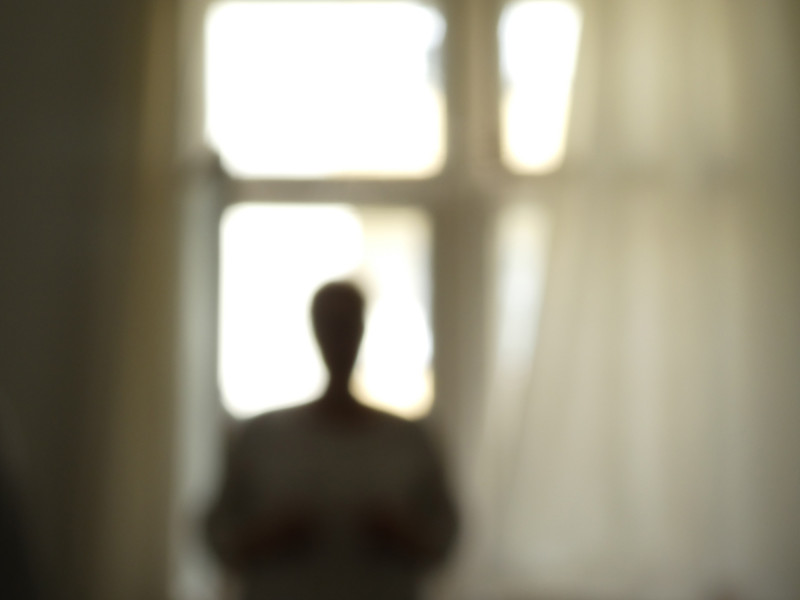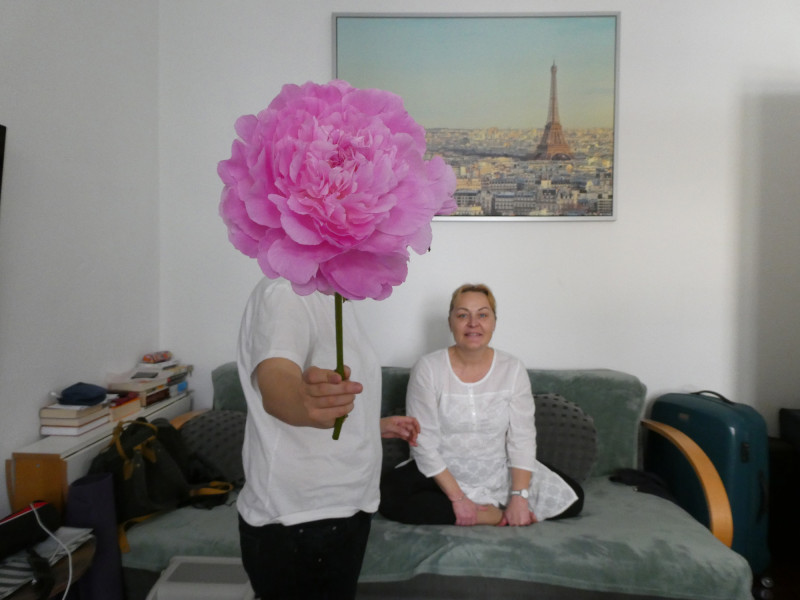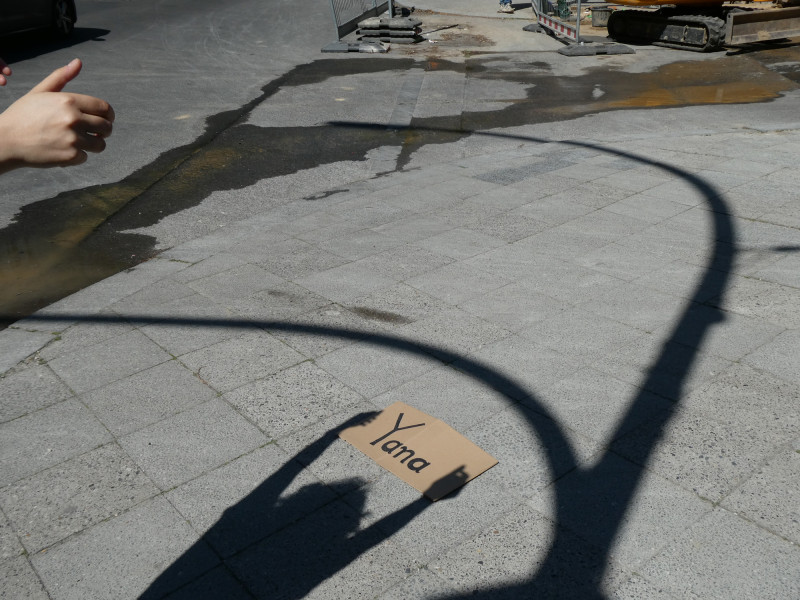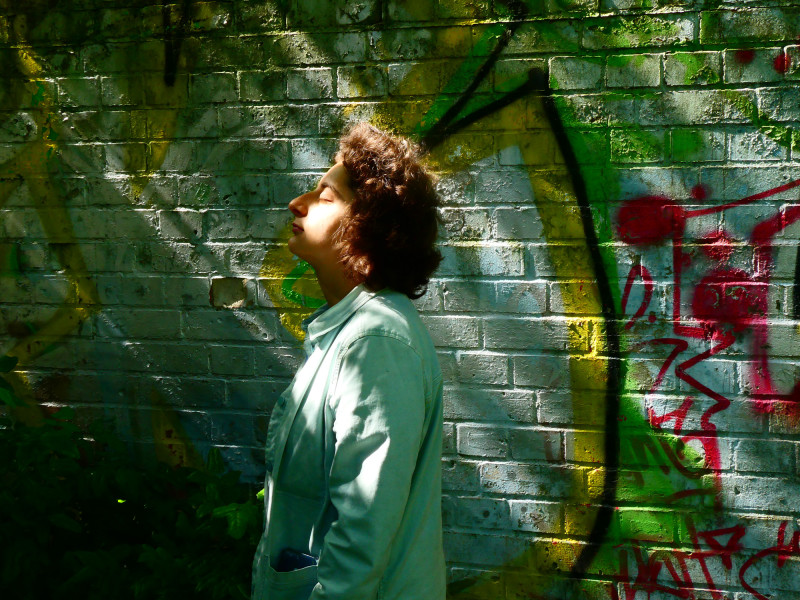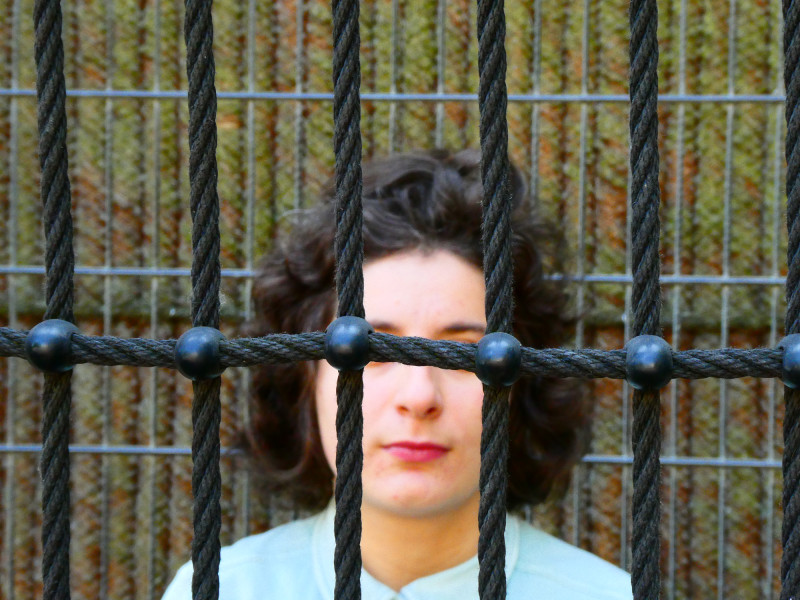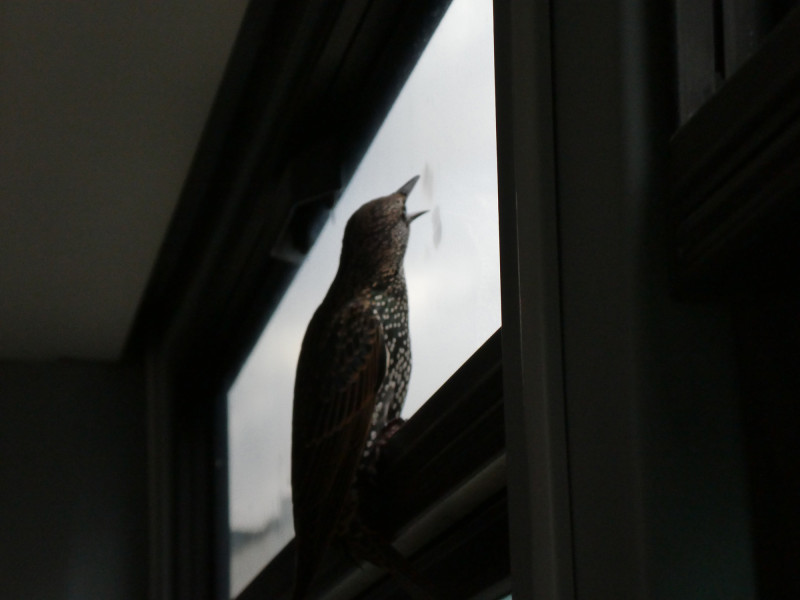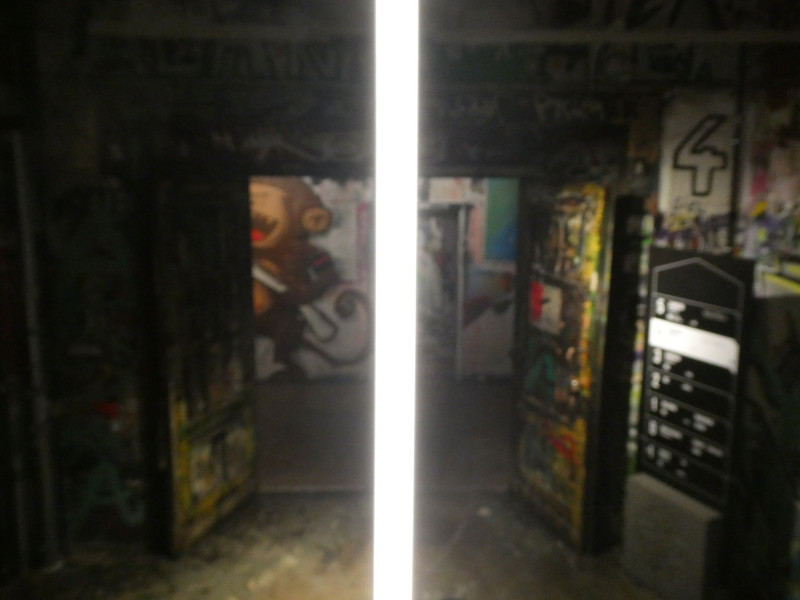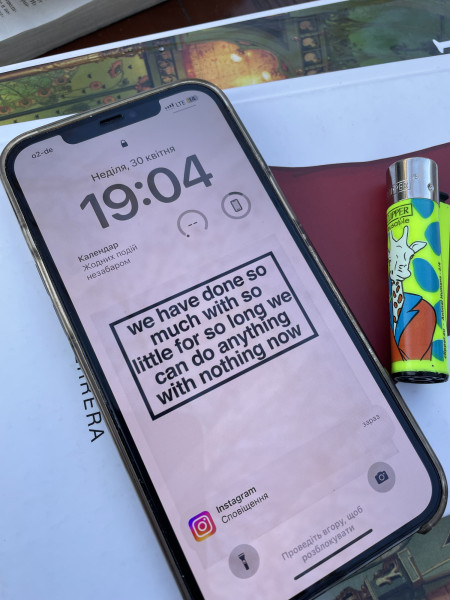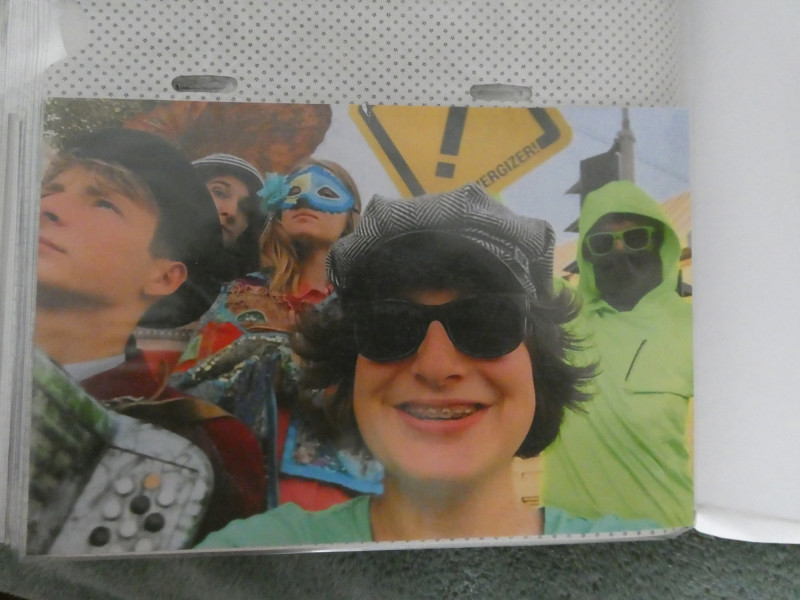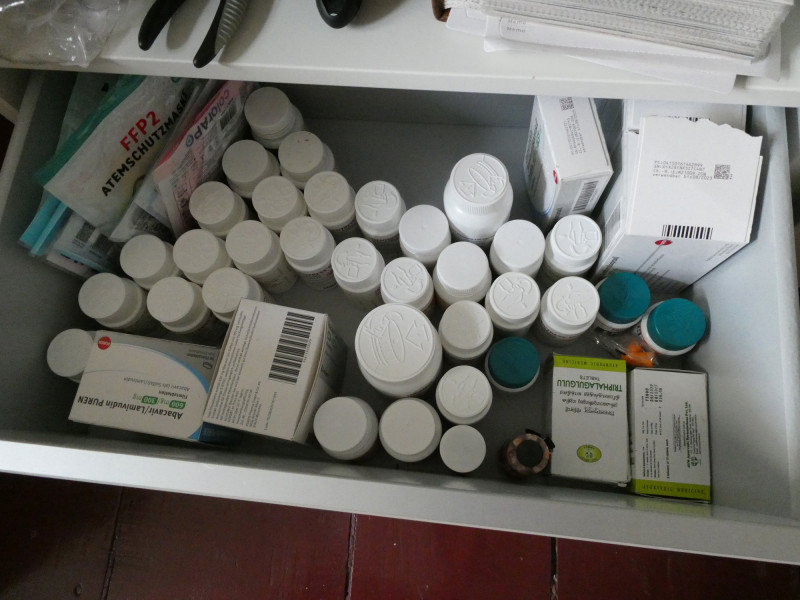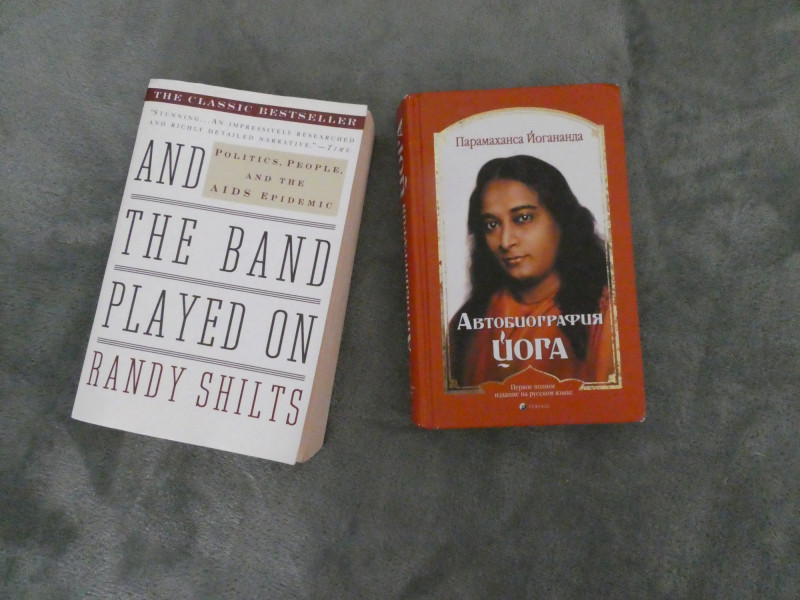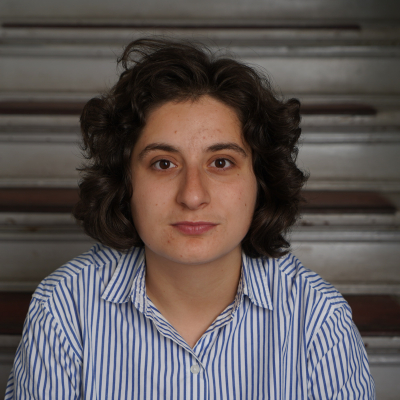When I was 18 years old, I got my first tattoo. It says, "I want to break free." These are the words of Freddie Mercury. The inscription symbolizes my journey as an HIV-positive activist. It also reminds me that one day, we will wake up to break free because we will have an HIV vaccine, and the unjust war in Ukraine will end.
I'm Yana Panfilova, a 26-year-old born in Kyiv, Ukraine, and I've lived with HIV since birth. My childhood unfolded in a neighborhood marked by marginalization and drug abuse. Early in life, ignorant school teachings and societal stigma shaped my understanding of HIV. In one of my health classes, they told us that people died from AIDS and labeled HIV as a disease of drug addicts, sex workers, and alcoholics. I even recall a biology teacher telling us, "People with HIV only live for 12 days."
I was ten when my mom told me about my HIV status. I was immediately scared. At that age, I thought having HIV meant I would die, but my mom told me there were medicines. "Everything will be okay," she said to me. At home, this was true.. At school, it was a very different story.
I recall telling one of my friends that I had HIV. She started crying, saying, "You must have already infected me." I was shocked, and I immediately told her it was a joke. But it was too late; my friend knew I had been sincere. I came home and told my mom, and surprisingly, she said very calmly that I might need to change schools. After all, around that time, at a school in Cherkasy, a girl with HIV had been beaten because of it.
What started as a lonely journey eventually led me to a support group, the only haven where my experiences resonated with others, where I found solidarity. Here, I grew the confidence to launch a social experiment in my mid-teens. I decided to start walking down the street and telling people who didn't know me that I had HIV. And I just watched their reaction. I quickly realized many were unaware that people with HIV could live normally. This experiment also led me to collaborate with others to create a brochure saying that we didn't only need medicines but also needed you to see us.
We then created Teenergizer to assert our existence and highlight the unresolved problems we are facing. It is a project for HIV-positive adolescents and for all youth facing bullying.
We have continued our work over the years, but the ongoing war in Ukraine threatens it today. I remember returning to Kyiv just days before the war, witnessing the city transition into chaos, hearing the terrifying bombings, and experiencing the surreal silence before the storm. Amid the havoc, my family and I moved to Berlin.
Since the onset of the war, the number of people with HIV in Ukraine has increased. The conflict is destroying clinics, and it's severely impacting people living under occupation in cities like Donetsk, Luhansk, Mariupol, and others. The Russian military is pressuring HIV-positive people to accept Russian passports in exchange for HIV therapy. At Teenergizer, we are actively and urgently calling out these inhumane practices.
Young people did not start this war, but we will be the generation that will end it and remember it. My hope is that this war will not spawn a lost generation, but will instead demonstrate to the world the resilience and strength of Ukrainians.
